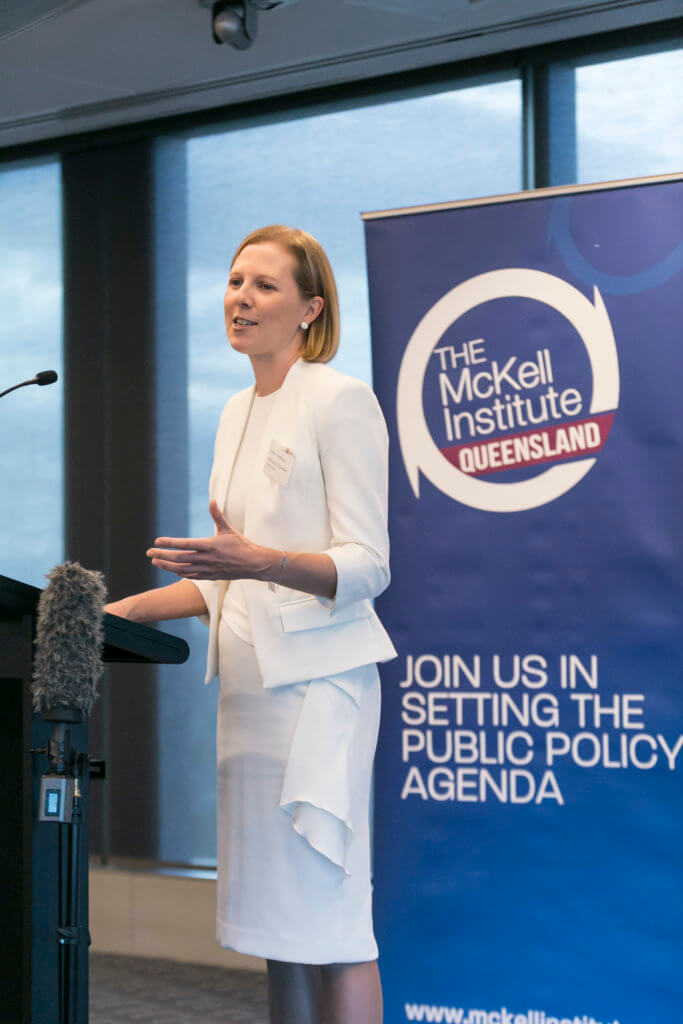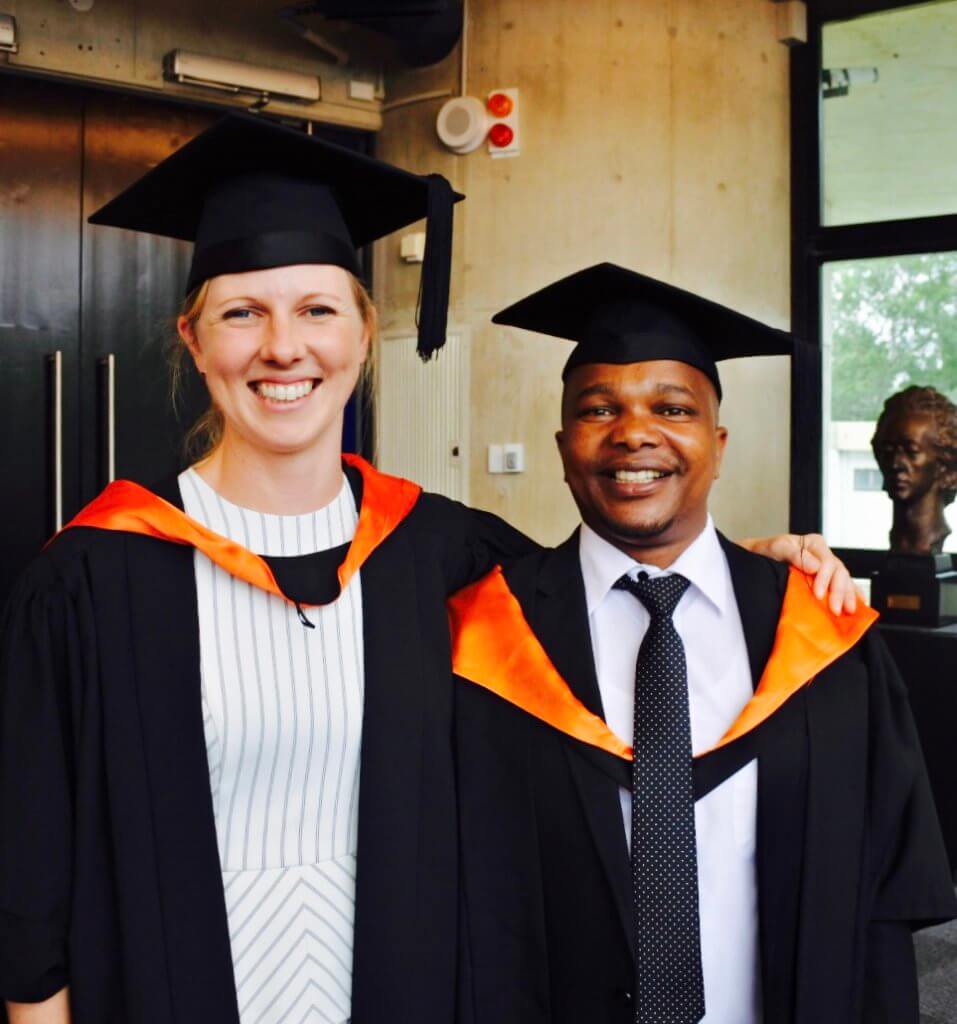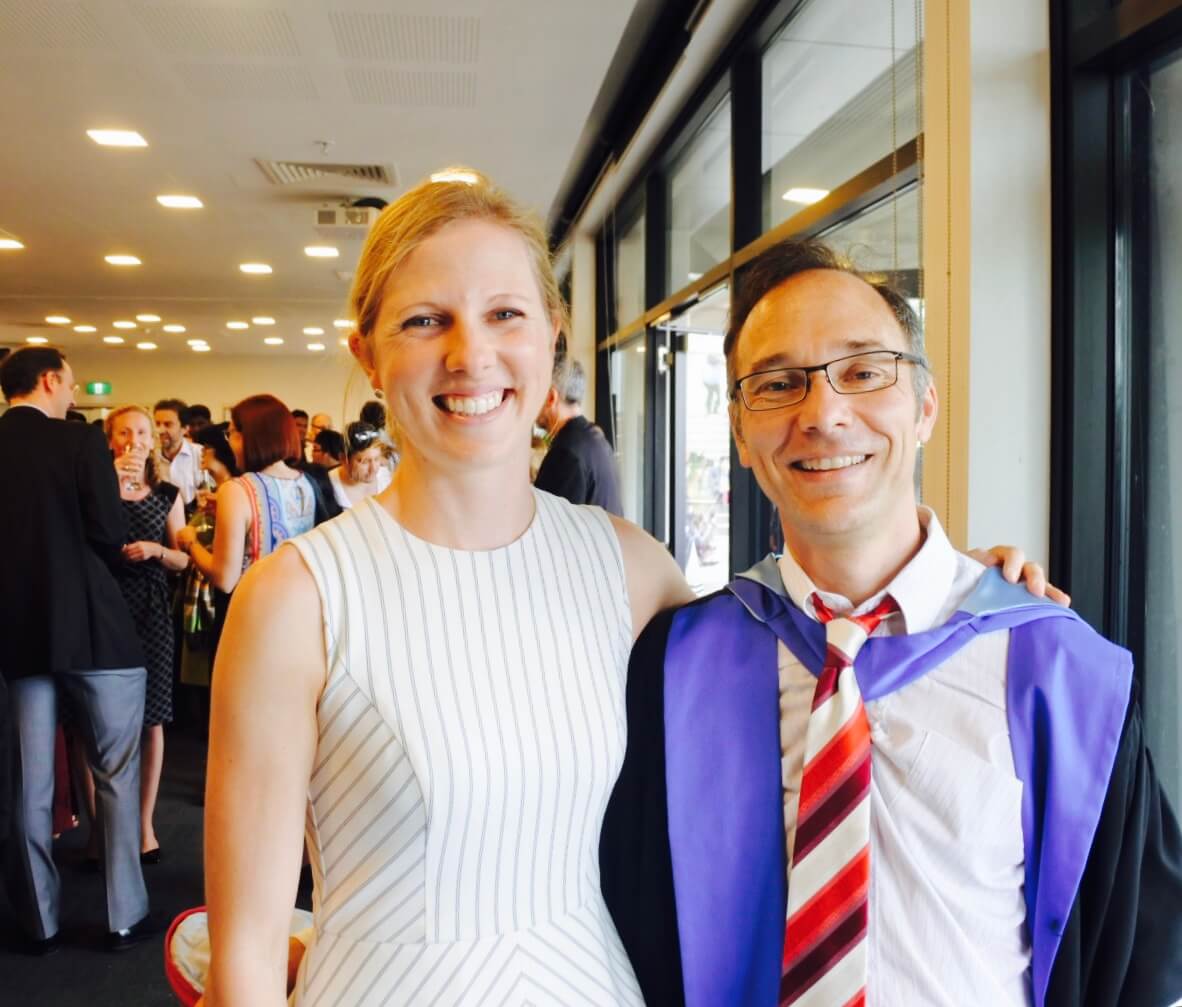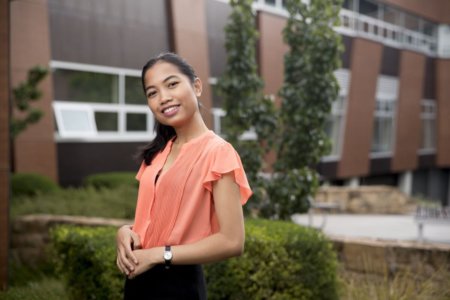Marianna O’Gorman is an alumna of the Australian National University (ANU) Crawford School of Public Policy who is making waves in the fight against climate change by working with organisations to transition to a sustainable economy.
Five years after graduating from Crawford School with a Master of Climate Change, Marianna is currently working as a non-executive director, specialising in climate governance and risk.
She is on the board of the second largest electricity generator in Australia, the Queensland Government’s Stanwell Corporation, which is exploring a pipeline of renewable energy opportunities.
“I have joined the board to assist Stanwell as it evolves and renews its portfolio in response to changing market and consumer expectations and to support Queensland’s transition to a lower carbon future,” Marianna said.
“A board that is able to effectively manage climate risk as the entire economy transitions will likely be the difference between a company that succeeds and fails.”
Marianna is also co-founder and board member of the McKell Institute Queensland, and mentors founders of early-stage clean technologies with EnergyLab.
She has represented Australia at climate negotiations around the world and worked on the World Bank’s first climate change education programme in Washington, D.C.. In Parliament, Marianna has worked on Australia’s national climate change legislation and the establishment of the Clean Energy Finance Corporation.
In recognition of her incredible work, Marianna has recently been named a 2021 Chief Executive Women (CEW) & ANZ Sustainability scholar. This scholarship aims to develop women in sustainability leadership positions so they can advance into more influential roles to lead and accelerate sustainable outcomes.
“I want to use the scholarship to engage publicly about climate risk and governance for Australian companies,” Marianna said.

Source: Crawford School
Marianna’s career journey began in 2006 at the World Bank in Washington, D.C..
“There I was lucky that two amazing Australian women, Jeanette Murry and Dr. Habiba Gitay, both with a passion for climate change, took me under their wing,” she said.
“These two women spent a lot of time educating me about the need for urgent action on climate change. From then on, I knew working in this field was all I wanted to do.”
This led Marianna to return to Australia and enrol in a Master of Climate Change at Crawford School.
“Dr. Gitay and her husband, Professor Ian Noble, were both part of the amazing ANU community and encouraged me to undertake my studies there.”
Marianna has many memorable experiences from her time at ANU.
She fondly recalls Professor Frank Jotzo’s mock negotiations in the classroom and later working with him to undertake an in-depth study on Australia’s carbon price legislation as a Fellow at the ANU Centre for Climate and Energy Policy.
“After working in federal government, I undertook in-depth research into the effectiveness of Australia’s carbon price legislation with Professor Jotzo,” she said.
“Whilst the policy was devastatingly repealed in Australia, many across the world have cited our research when looking at successful ways to decarbonise their economies at least cost.”
Meeting the rural fire brigade and working with world-leading modellers to run scenarios on the severity and frequency of bushfires over the next two decades during Professor James Pittock’s class was another highlight of Marianna’s ANU experience.
“When we ran some of those fire models, the outcomes were frightening,” she said. “It was like looking into a crystal ball and seeing the black summer unfold.”
“But Professor Pittock also instilled in me his passion for trees, taking us out to nature reserves, explaining the importance of different species and allowing us to explore the beautiful Canberra countryside.
“I now regularly practice the art of Shinrin-Yoku (forest bathing).”

Source: Crawford School
Whether it was working with peers on a feasibility study for a renewable energy export system from Australia to Indonesia or interviewing a fellow student from Kiribati during her research methodologies class, Marianna said group work was also a “highlight” of her degree.
She believes her studies have helped prepare her for success in this growing field of work.
“I’ve never received more offers and seen more opportunities in my industry than this year and I’m sure every graduate from the Master of Climate Change programme would be experiencing the same thing,” she said.
For now, Marianna plans to use her CEW & ANZ sustainability scholarship to undertake further study to develop “the governance, risk management and financial skills needed to contribute at the board and trustee level of an organisation”.
“Through my studies at ANU and my career I have developed an expertise in climate change and decarbonisation that I would now like to bring to the board table,” she said.
Marianna believes her scholarship will “play an important part in helping [her] work towards that goal”.
“I want to be able to look back at my career with pride and tell my children that I made a substantial contribution to national and international climate change efforts through my leadership, advocacy, and policy work.”
Find out more information about the Master of Climate Change programme on Crawford School’s website.
Follow ANU Crawford School of Public Policy on Facebook, Twitter, LinkedIn, Instagram, YouTube.













